Why Your Skincare Routine Isn’t Working
It’s completely understandable to see the opposite result from what you expected when it comes to skincare. Sometimes, despite following a routine to the letter, you might end up with more breakouts, dryness, or irritation instead of clearer, healthier skin. This can be frustrating, but it’s important to take a closer look at the potential reasons behind these unexpected outcomes. In this article, we’ll explore common causes for those skin challenges, helping you identify which one might be at the root of your problem and offering solutions to get you back on track. Let’s break it down and find out what’s really going on with your skin!
1.Consistency is Key
One of the biggest reasons your skincare routine might not be working is simply not being consistent. Skincare isn’t a one-time fix—it’s something that needs to be part of your daily life, just like brushing your teeth. When you skip days or use products sporadically, it can hinder the results you’re hoping for. Think of it like going to the gym: you can’t expect to see results after just one or two workouts, right? Your skin needs time to adjust and respond to the products you’re using. Stick with it, and give it a few weeks to really see the changes!
2.Hormonal Changes
Hormonal fluctuations can throw your skin for a loop. Whether it’s stress, pregnancy, or medications, changes in hormone levels can trigger skin issues like breakouts, acne, and pigmentation. These changes often cause the skin to overproduce oil or react differently to products, making your usual routine less effective. If you’re noticing sudden skin changes and suspect hormones might be the culprit, it’s a good idea to check in with a doctor. They can help you figure out what’s going on and guide you toward the right solutions.
3.Overusing Actives
It’s easy to get carried away with powerful skincare ingredients like retinol, AHAs, or BHAs, thinking more is better. But overdoing it can actually backfire, leaving your skin irritated, inflamed, or even causing breakouts and dryness. Actives work best when used in moderation and paired with a solid skincare routine. If you’re using multiple actives, it’s important to space them out and pay attention to how your skin responds. Balance is key—understanding when and how to use them can make a big difference in how your skin reacts.
4.Give It Time: Skin Doesn’t Change Overnight
Patience is key when it comes to skincare. Results don’t happen overnight, and it usually takes about 4-8 weeks of consistent use to see real improvements. If you’re not seeing instant results, don’t give up just yet—your skin needs time to adjust and show progress. Keep going, and give those products the time they deserve to work their magic!
5.Using the Wrong Products for Your Skin Type
If you’re not seeing results, it could be that the products you’re using aren’t the right fit for your skin. Whether it’s a moisturizer that’s too heavy for oily skin or a harsh exfoliant for sensitive skin, using products that don’t match your skin’s needs can hold back progress. Take a step back and reassess—make sure each product has a clear role in your routine, and matches your skin type and concerns. Choosing the right products is crucial for seeing the best results!
How To Choose The Right Cleanser For Your Skin Types
How To Choose The Right Moisturizer For Your Skin Type
6.Lifestyle Factors Impacting Your Skin
It’s not just about the products you use; your lifestyle plays a huge role in your skin’s health too. Stress, lack of sleep, and a poor diet can all show up on your face. When you’re stressed, your body releases cortisol, which can increase oil production and lead to breakouts. Getting enough sleep and fueling your body with a balanced diet full of nutrients can do wonders for your skin. So, if your skincare routine is on point but your lifestyle isn’t, that could be where things are going wrong.
7.Expired Products Can Cause Issues
Expired skincare products are more than just ineffective—they can actually cause irritation. When products are past their prime or haven’t been stored properly, they lose their potency and can even lead to unwanted reactions. Keep an eye on expiration dates and always check for changes in texture or smell. If something seems off, it’s better to toss it and grab a fresh bottle. Your skin will thank you!
Symbols meaning on Cosmetic Labels
8.Missing Key Active Ingredients
If your skincare routine feels like it’s not delivering, it could be because it’s missing the right active ingredients. Active ingredients like retinol for aging, salicylic acid for acne, or vitamin C for pigmentation are backed by science and can make a real difference. Make sure your products are targeting your specific skin concerns with the right actives to see noticeable improvements.
Understanding pH Balance and Why It Matters in Skincare
9.Skin Purging: A Temporary Phase
When introducing a new product, especially those with active ingredients like retinol or exfoliants, your skin might go through a purging phase. This means you could experience a temporary breakout as your skin sheds impurities. It’s frustrating, but hang in there—this phase typically passes in a few weeks. So, don’t throw in the towel too soon!
Understanding All about Skin Purging
10.Too Many Products: Less is More
Using too many products can overwhelm your skin, leading to clogged pores, irritation, and even breakouts. Instead of piling on layers, simplify your routine. Focus on the essentials that your skin actually needs, and give it the space to breathe and recover.
Does Your Skin Really Need a Serum?
11.Skin Acclimation: Give Your Skin Time to Adjust
Your skin can get used to certain products after a while, which means they might not be as effective as when you first started using them. If you’ve been using the same product for about 6 weeks, take a step back and assess whether it’s still delivering the results you want. If not, it might be time to try something new to keep your routine fresh and effective.
12.Seasonal Changes: Your Skin Needs Different Care Year-Round
The changing seasons can have a big impact on your skin. In winter, the cold air and indoor heating can leave your skin feeling dry and tight, while summer heat and humidity can cause excess oil production. To keep your skin balanced and healthy, tweak your skincare routine with the seasons—opt for richer moisturizers in colder months and lighter, oil-controlling products in warmer weather.

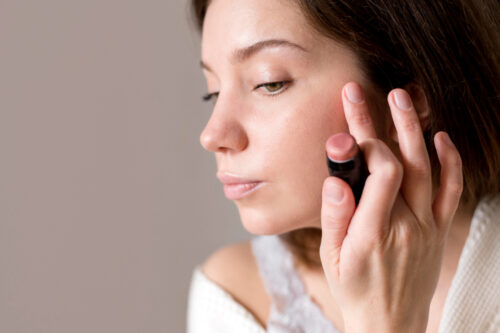
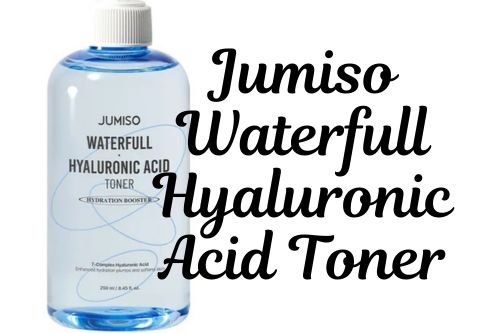



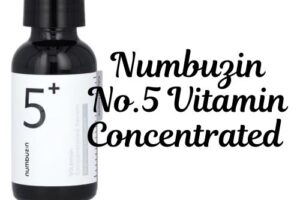
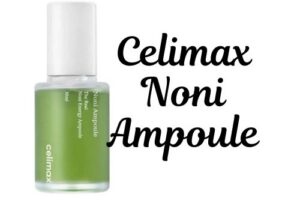
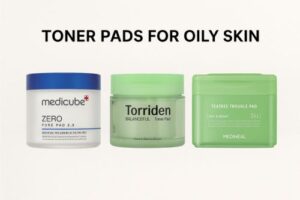





Post Comment